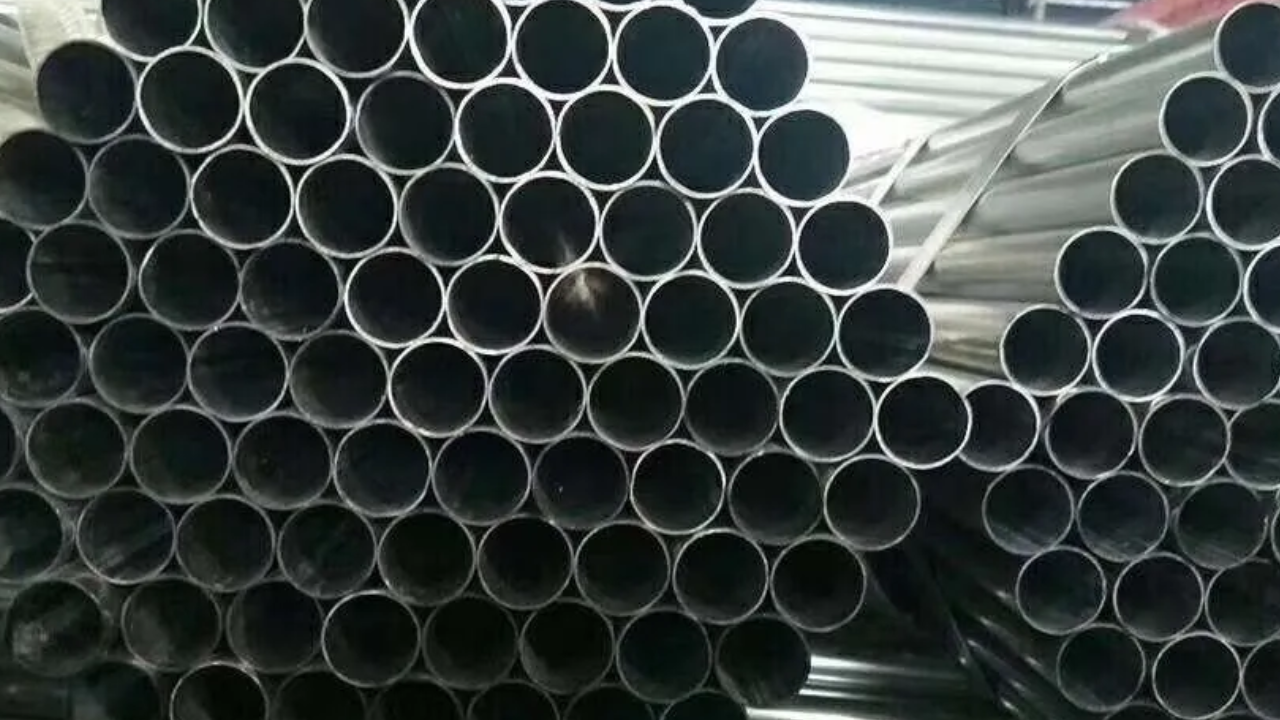In terms of choosing channeling substances for different mechanical and improvement applications, one of the maximum important issues is the wall thickness of the pipe. Wall thickness straightforwardly affects the pipe's capability to resist weight, Schedule 80 Pipe Dimensions Chart,Sch 80 pipe thickness, resist erosion and persevere outdoor powers.
On this placing, schedule 80 pipes, a commonly applied project for channels with thicker dividers, sticks out for its advanced high quality and solidness. This text, will inspect the common divider thickness of schedule eighty pipes, why it's far more extensive, and where it is maximum generally applied.
What is Schedule 80 Pipe?
Before plunging into the specifics of wall thickness, it's critical to get what schedule 80 pipe is. Pipe schedules are a manner of indicating the wall thickness of pipes, with specific schedules indicating special thicknesses. Schedule 80 is one among the usual schedules, and it refers to a pipe with thicker partitions than the greater not unusual schedule 40 pipe. The thicker walls of schedule 80 pipes lead them to be suitable for higher-stress packages and more inquiring environments.
Ordinary Wall Thickness of Schedule 80 Pipe
The wall thickness of the Schedule 80 pipe changes depending on the pipe's distance across. As the diameter increases, so does the divider thickness to guarantee the pipe can maintain its structural integrity beneath higher weights. These measurements show that as the pipe's nominal distance across increments, the divider thickness moreover increments relatively.
Pressure Rating
The thicker the pipe walls, the higher the weight it can securely handle. Plan 80 pipes are often utilized in frameworks where the inside weight is higher than standard, such as in mechanical or high-rise building applications. The expanded divider thickness gives the fundamental quality to prevent the pipe from bursting or deforming beneath high weight.
Strength
Pipes with thicker walls are by and large tougher and safe to damage from outside powers. This can be especially critical in situations where pipes may be exposed to physical impact, such as in development locales or mechanical settings. The additional fabric in Plan 80 channels makes a difference in them and withstands more wear and tear, ensuring a longer benefit life.
Erosion Resistance
Whereas wall thickness does not specifically influence a pipe's resistance to erosion, it does play a role in how long the pipe can withstand corrosive components before falling flat. Thicker dividers give more fabric for corrosive substances to wear through, viably expanding the pipe's life expectancy in corrosive situations. In applications where destructive materials are transported, such as in chemical preparing plants, Schedule 80 channels offer a more robust choice than thinner options.
Security
In numerous high-pressure applications, security is a paramount concern. A pipe failure in such situations can lead to disastrous results, counting blasts, spills of hazardous materials, or indeed basic harm. Schedule 80 pipes, with their thicker dividers, offer a better level of security by diminishing the chance of failure beneath extraordinary conditions.
Mechanical Piping Frameworks
In mechanical situations where high-pressure steam, gasses, or fluids are transported, Schedule 80 channels are regularly the preferred choice. The thicker walls guarantee that the channels can withstand the high pressures typically experienced in these systems, reducing the hazard of spills or bursts.
Chemical Processing Plants
In offices where corrosive chemicals are transported through pipes, Plan 80 channels offer improved toughness and a longer benefit life. The thicker walls give more material for destructive substances to wear through, making these channels perfect for such requesting applications.
High-Pressure Water Systems
In high-rise buildings or other applications where water is pumped at high weights, Schedule 80 pipes are frequently utilized to guarantee the framework can handle the expanded weight without failure. The thicker dividers help prevent the channels from bursting or deforming beneath weight.
Oil and Gas Industry
Within the oil and gas industry, pipelines are regularly subjected to extreme weights and harsh natural conditions. Schedule 80 pipes are commonly utilized in these applications due to their capacity to resist high weights and resist outside harm.
Marine and Offshore Applications
In seaward oil rigs and marine applications, channels are exposed to saltwater and other corrosive components. Plan 80 channels are regularly utilized in these situations due to their expanded divider thickness, which gives greater resistance to erosion and physical damage.
Conclusion
The ordinary wall thickness of Schedule 80 pipe changes with the pipe's distance across, but it is reliably thicker than that of other pipe schedules like Plan 40. This expanded wall thickness gives Schedule 80 pipes higher weight appraisals, better solidness, and improved security, making them perfect for high-pressure and harsh-environment applications. Whether utilized in mechanical piping frameworks, chemical handling plants, or high-pressure water frameworks, Plan 80 pipes offer the quality and reliability required to guarantee long-term execution and security. When choosing channeling materials, considering the divider thickness is vital for selecting the proper pipe for the work.


